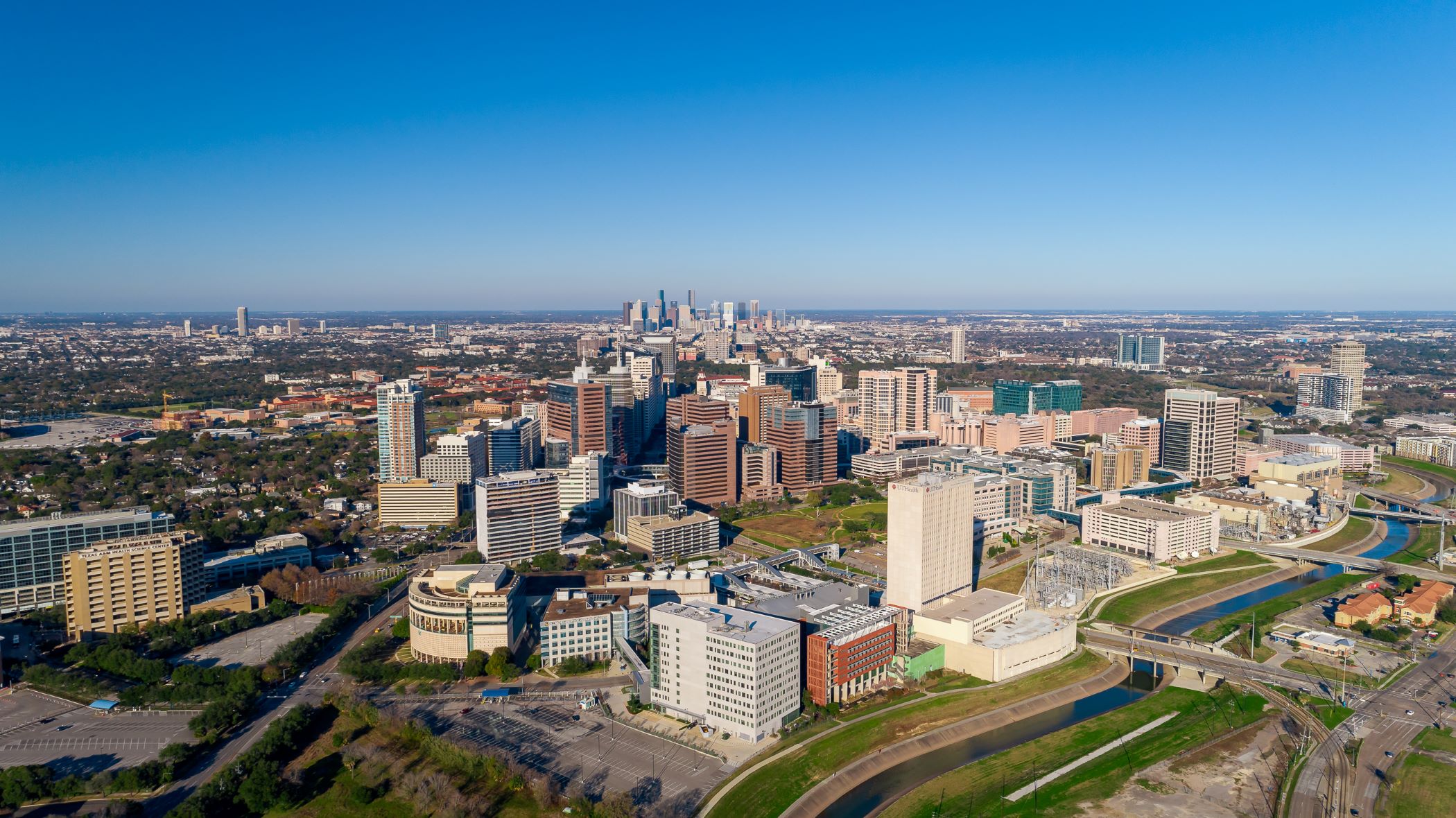Texas Medical Center's Bill McKeon Lauds Innovation, Research at State of TMC
Published Oct 31, 2019 by Maggie Martin
Texas Medical Center President and CEO Bill McKeon discussed the positive trajectory of the world’s largest medical complex, which is being driven in large part by innovation, research and the expansion of existing institutions. McKeon delivered the annual State of TMC address in conjunction with the Greater Houston Partnership on October 31.
In his keynote, McKeon gave a snapshot of the future of TMC, starting with developments happening at a few of TMC’s 61 member institutions.
Texas A&M University, for instance, is partnering with Houston Methodist to build an innovative engineering medical school that will offer students the ability to earn a master’s degree or Ph.D. in engineering plus an M.D.
“What’s happening at Texas A&M is powerful,” said McKeon.
The project is expected to be completed by May 2020.
McKeon also noted the University of Houston’s support of medical education with its new College of Medicine. In partnership with HCA Houston Healthcare, UH’s College of Medicine will provide residencies in Texas so graduates can continue to work in the state’s urban and rural communities.
In addition to education programs, many of TMC’s member institutions continue to expand in Houston and across the station. That includes Texas Children's expansion in Austin over the past couple of years, as well as MD Anderson Cancer Center’s new campuses around the greater Houston region.
McKeon explained that TMC’s reach extends beyond our region with its international BioBridge partnerships. The latest, signed with Denmark earlier this month, is a multi-faceted collaboration designed to bolster innovation in digital and telehealth. It also calls for increased emphasis on research and education. The agreement marks TMC’s third such international partnership with the goal of driving the next generation of health and medical advancements.
“These BioBridges are really powerful. Why? Because we tie into the innovation community, and, in doing so, all the startups across the world are coming to the Texas Medical Center,” said McKeon.
McKeon turned the stage over to Lance Black, associate director of the Texas Medical Center’s TMCx accelerator program, to lay out how innovation is driving growth at TMC.
“TMC Innovation Institute has become a magnet for global talent,” said Black. “We’re evolving to work more closely with our member institutions to better understand their needs.”
According to the Partnership's 2019 Houston Facts report, Texas Medical Center institutions employ more than 106,000 Houstonians, host more than 10 million patient visits a year and generate over $25 billion in direct economic impact.
The Texas Medical Center is internationally renowned as home to some of the leading minds in medicine, and thanks to its presence, Houston is at the forefront of advancing life sciences.
The Partnership has been working very closely with Bill McKeon and his team to accelerate efforts to position Houston as the Third Coast for Life Sciences with a focus on developing a robust commercial life sciences industry here in Houston.
There’s been great momentum made on this front, including the development of TMC3.
Set to open in 2022, this multi-institutional translational research campus will serve as the cornerstone for biomedical advancements in TMC and beyond. TMC3 will help drive economic growth, bringing more than $5 million into the Houston economy and creating roughly 30,000 jobs. It’ll also be instrumental in growing and advancing Houston’s innovation ecosystem, an area the Partnership has been intensely focused over the past couple of years.
To see McKeon's full address, click here.
Learn more about Houston's biotechnology and life science sectors. Click here to learn more about health care in the Houston region.
 The Houston Report
The Houston Report



















